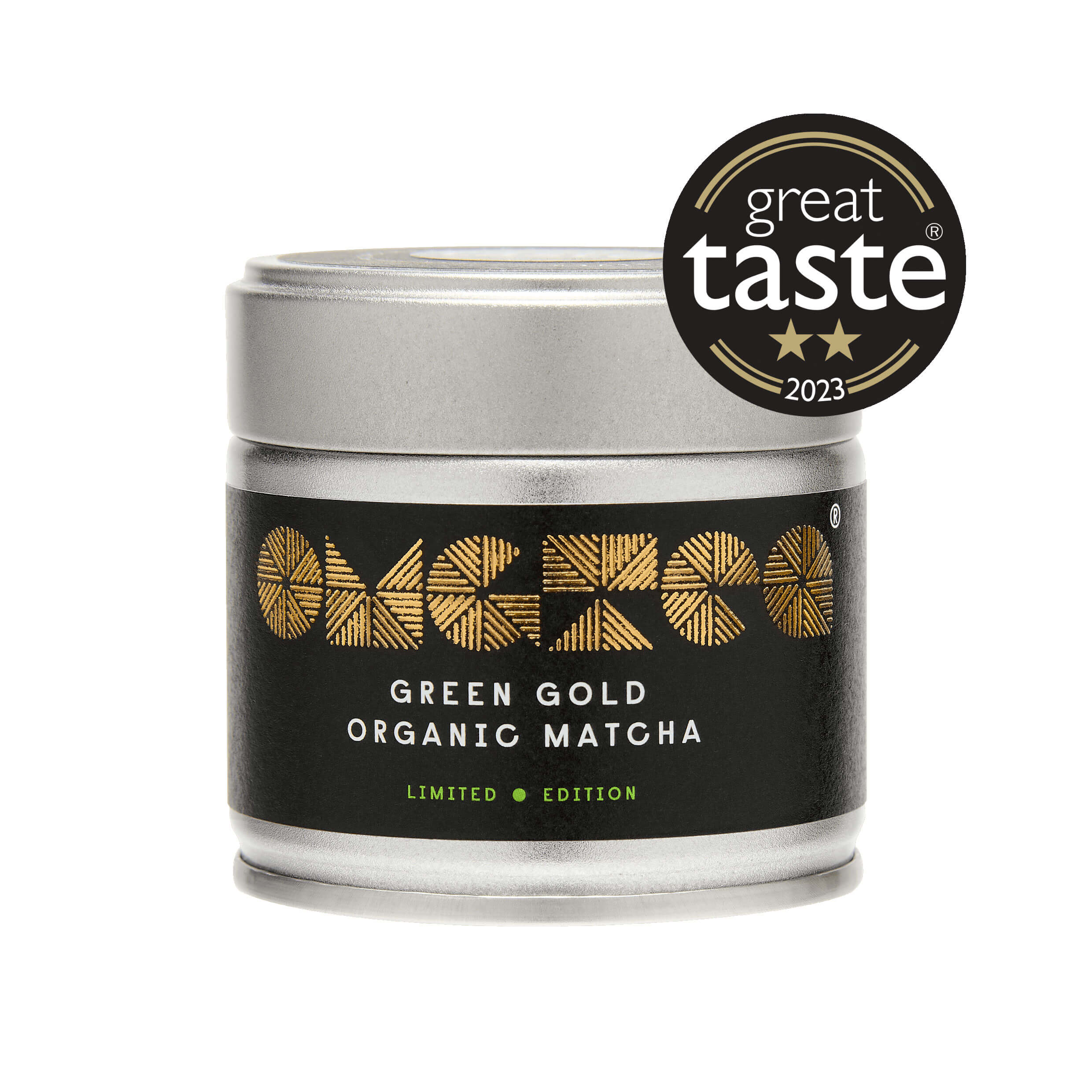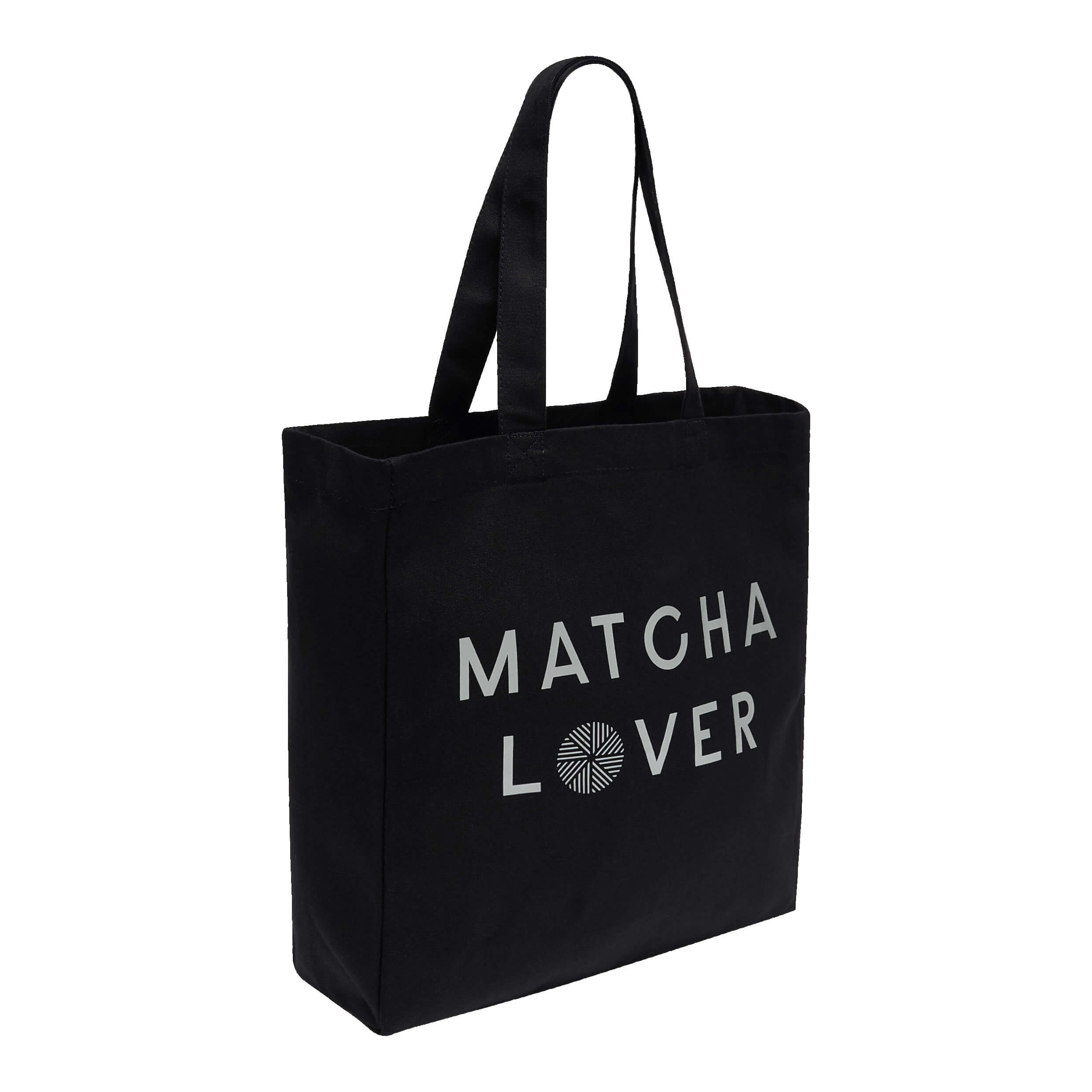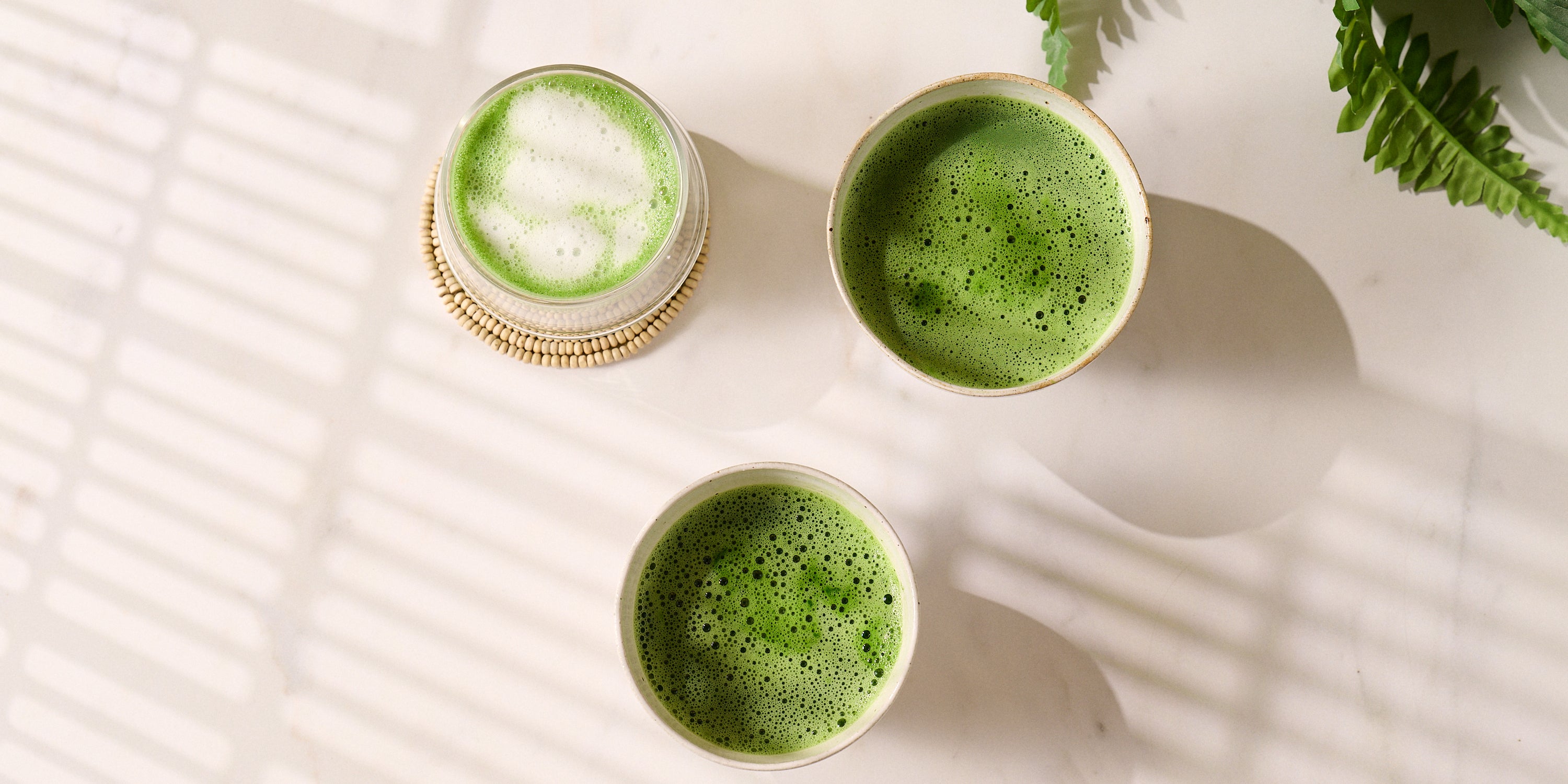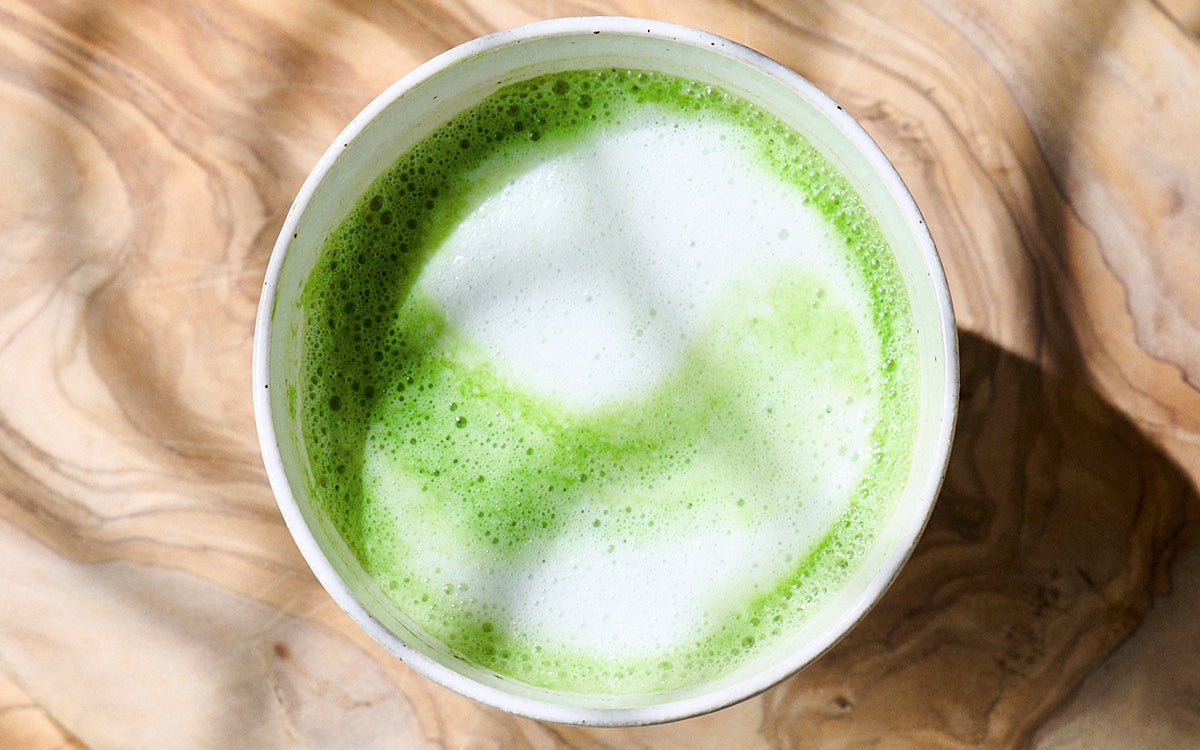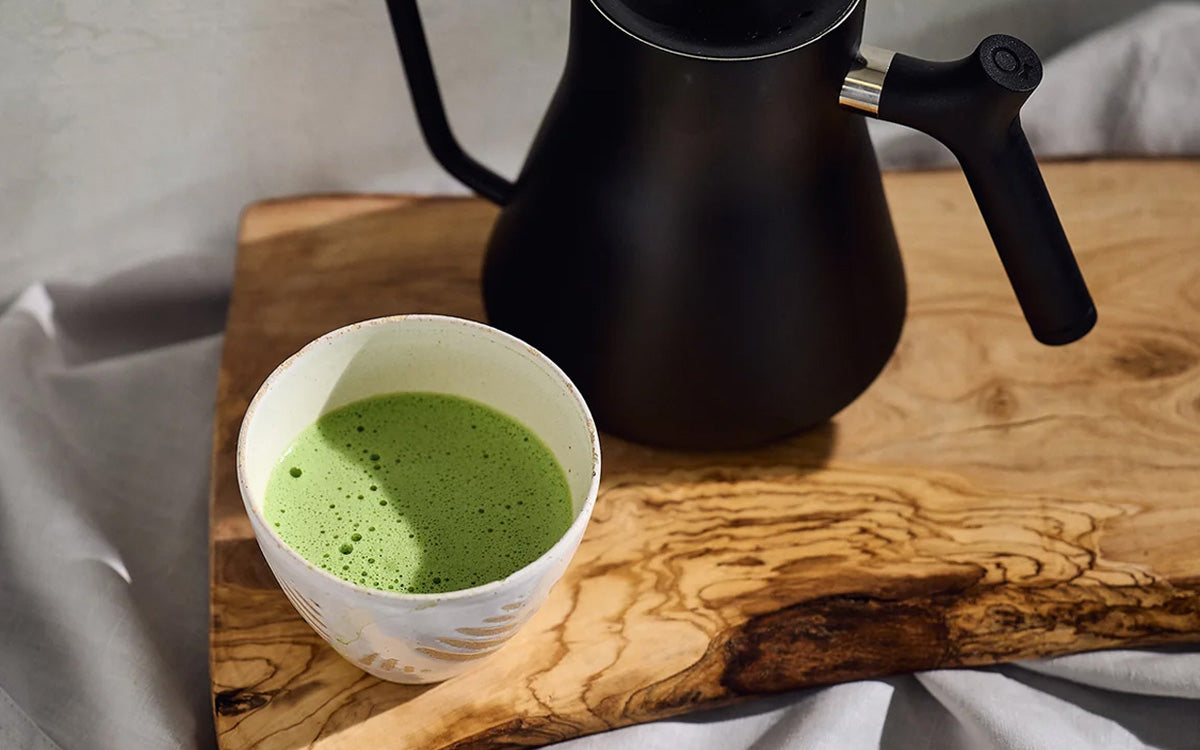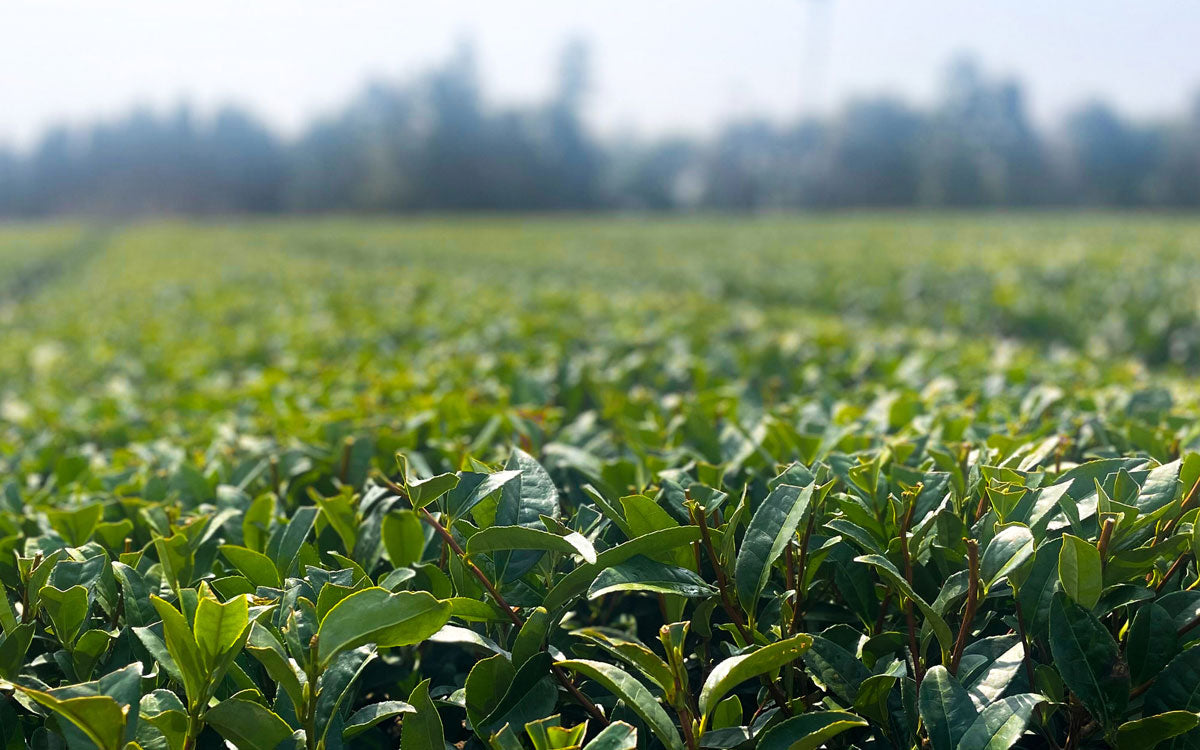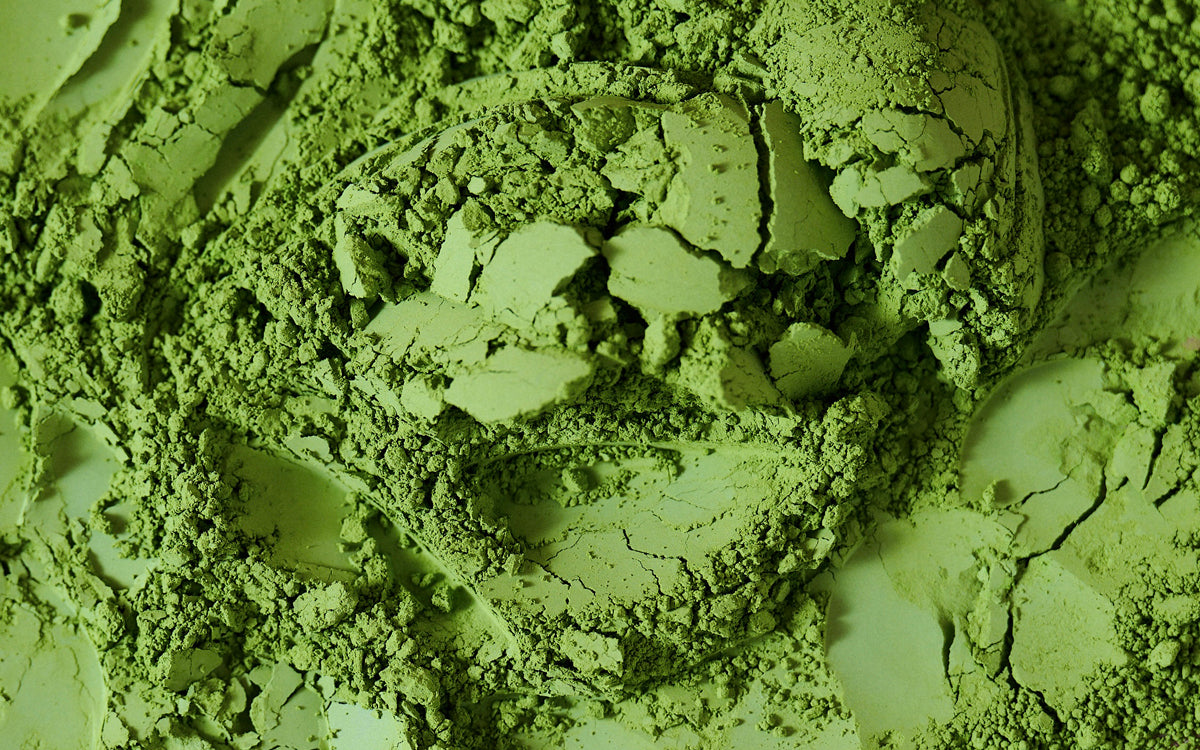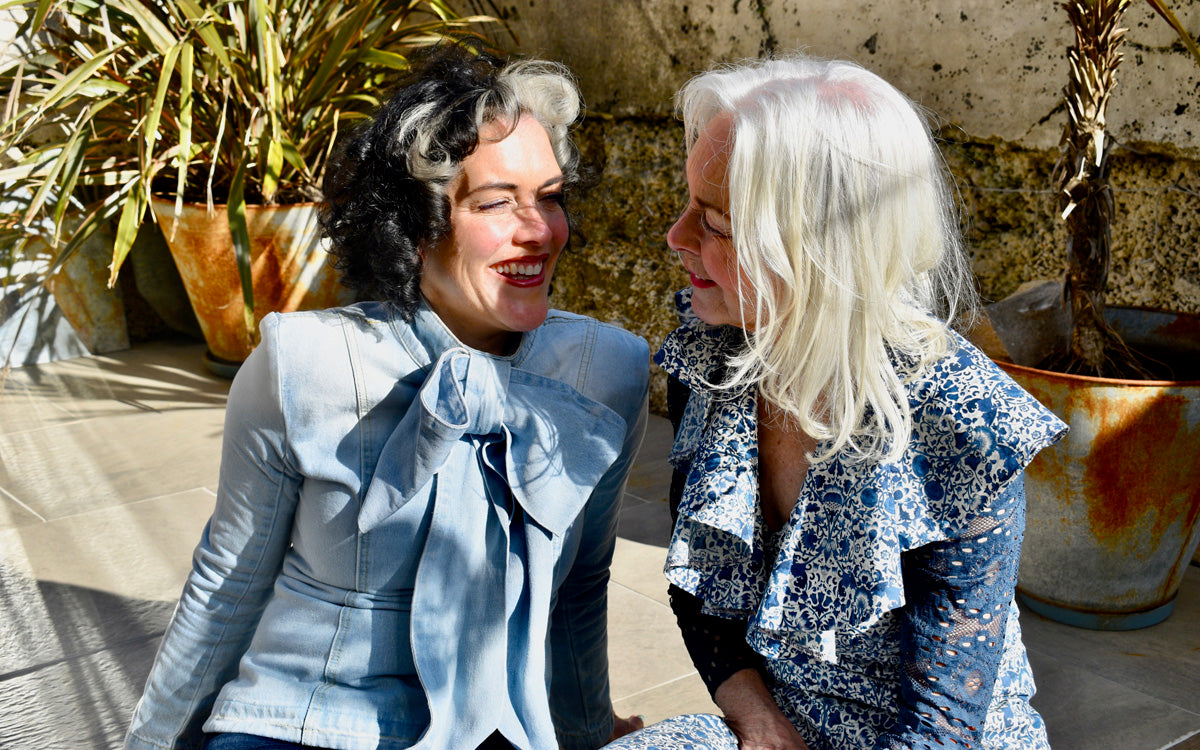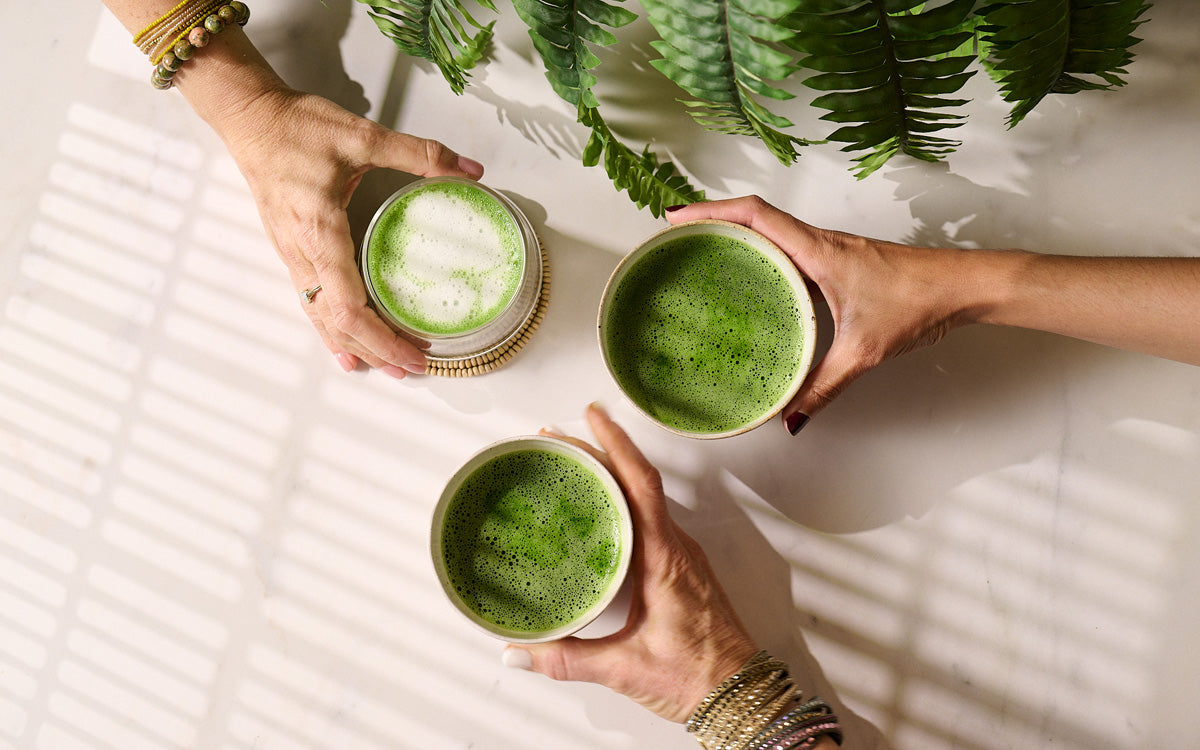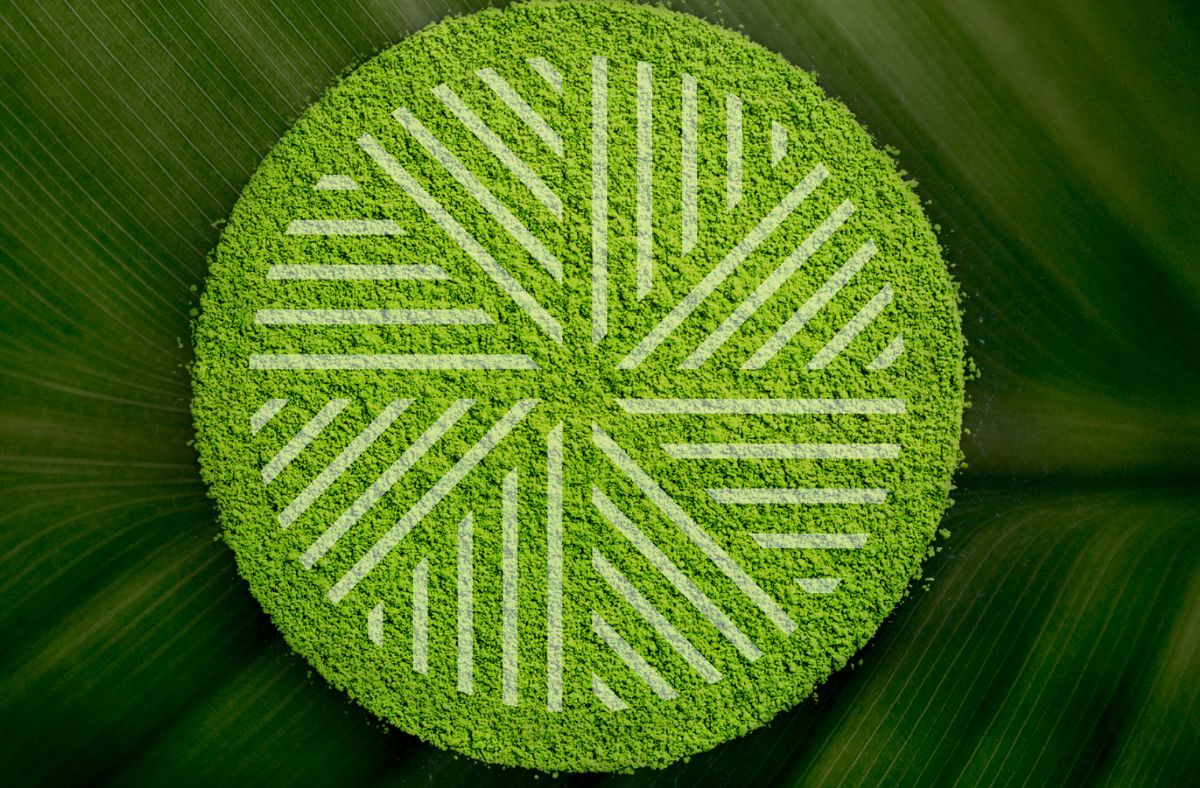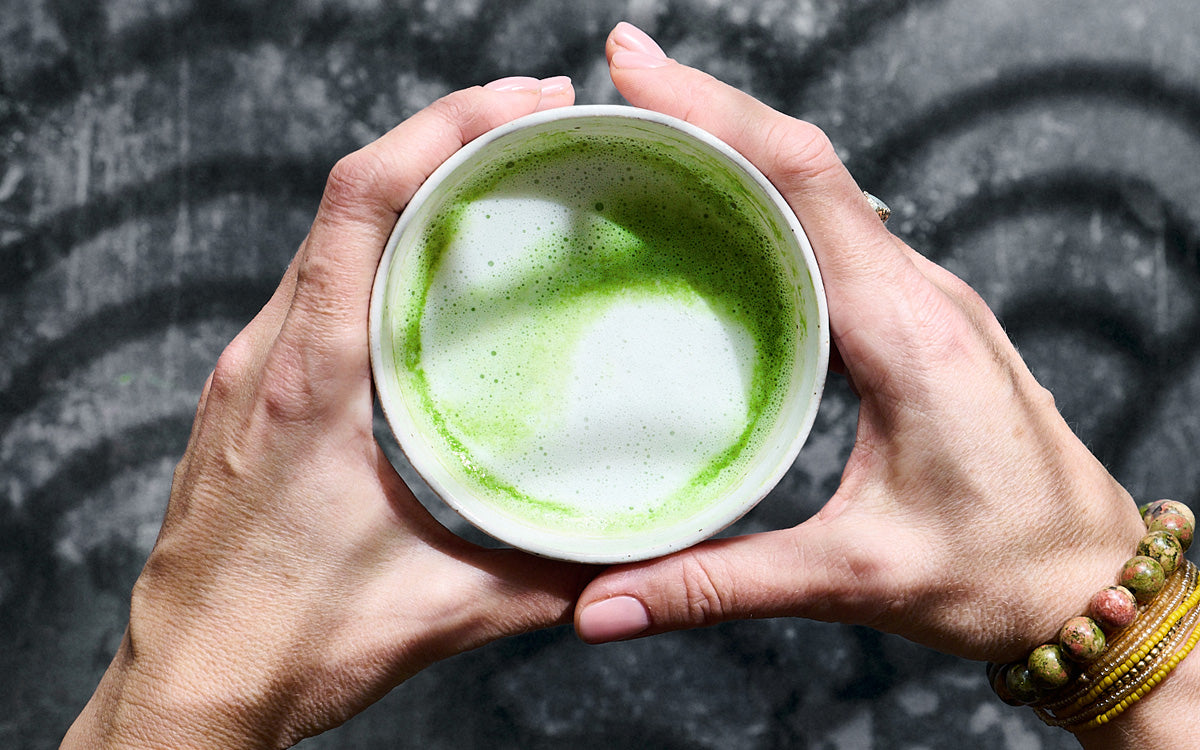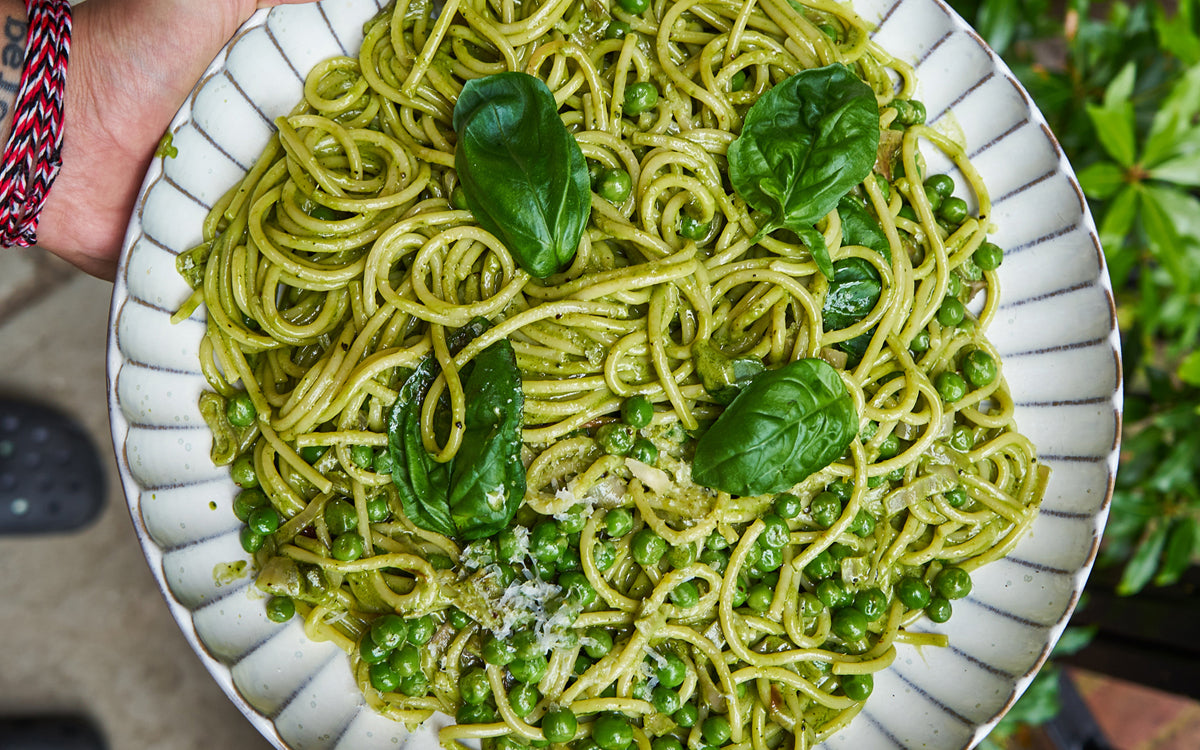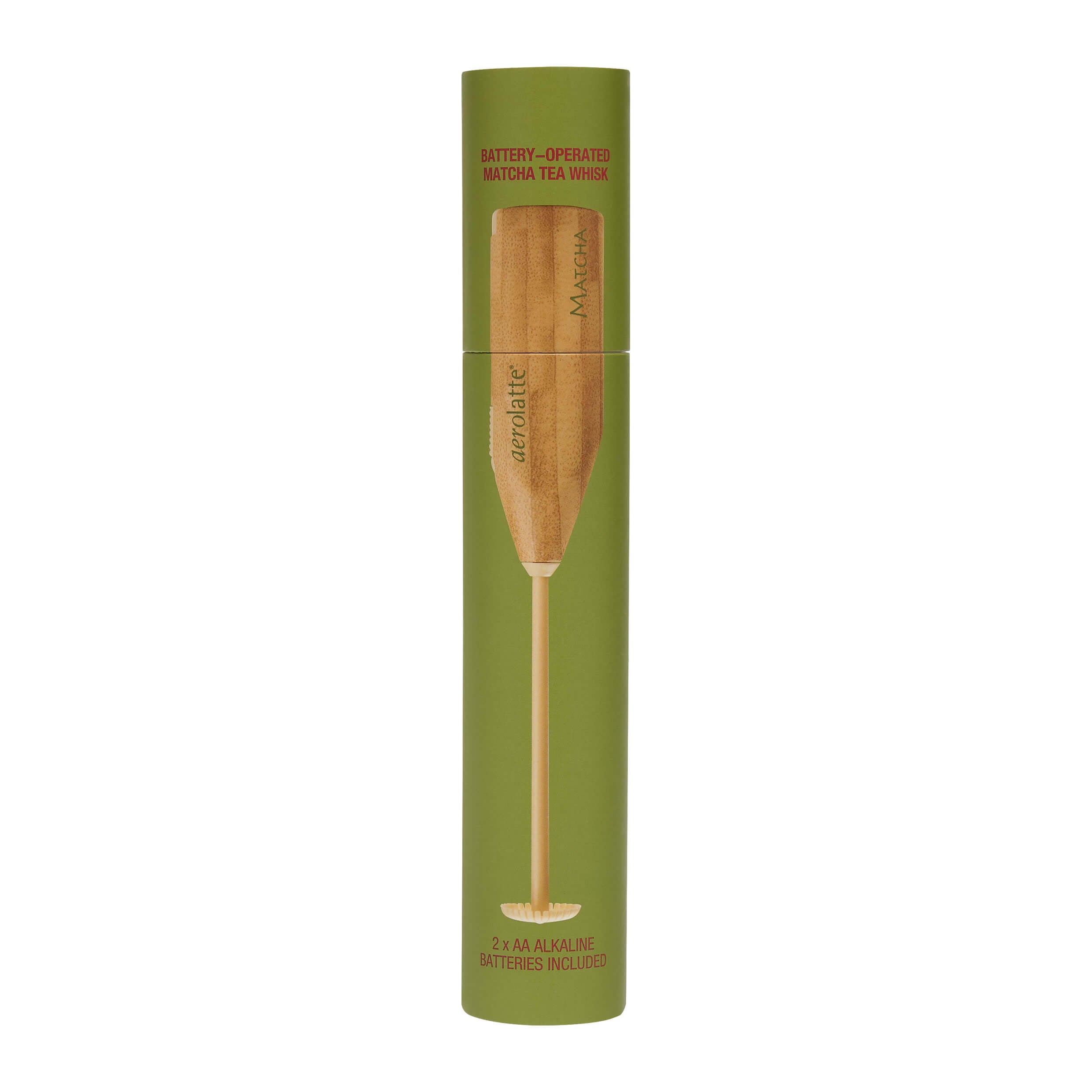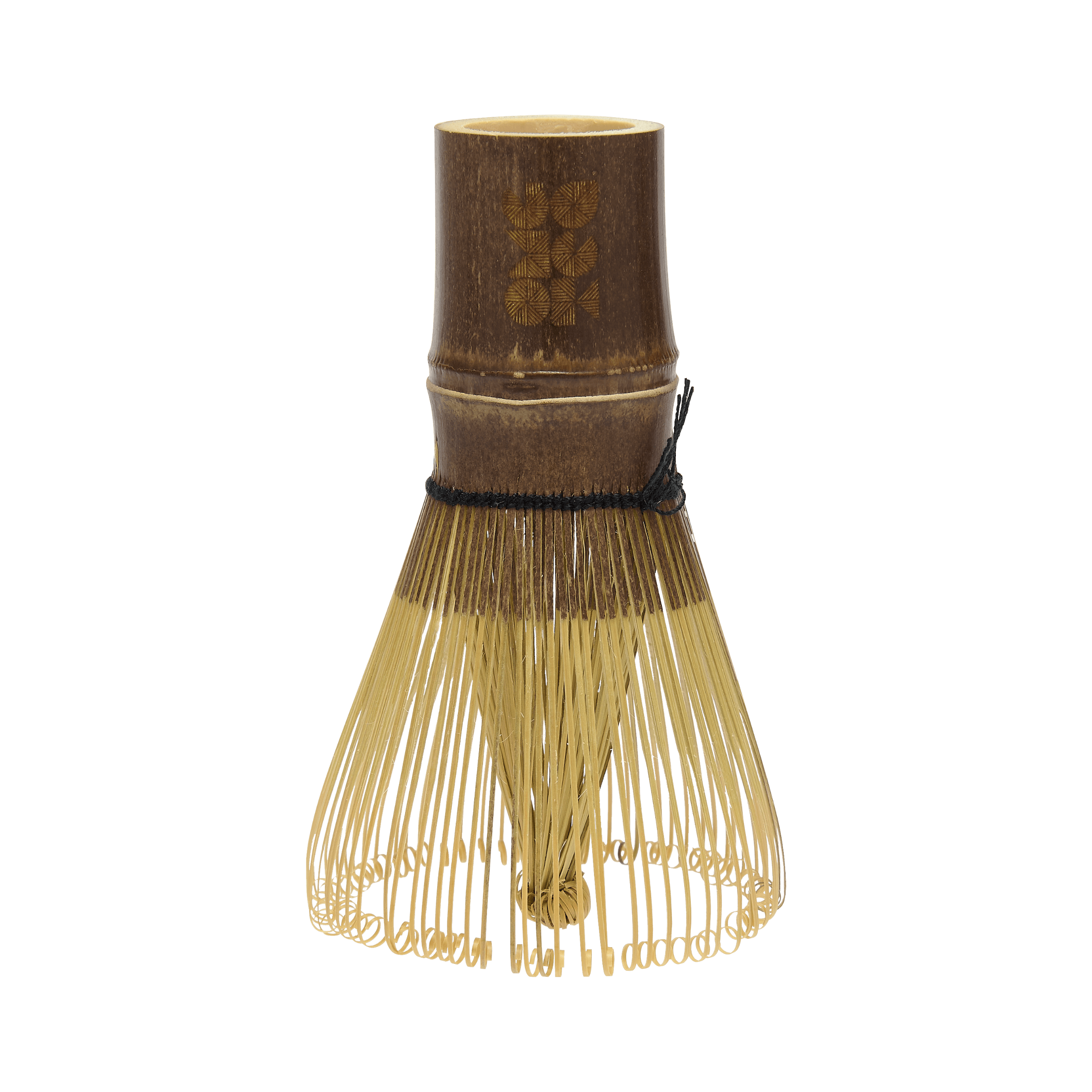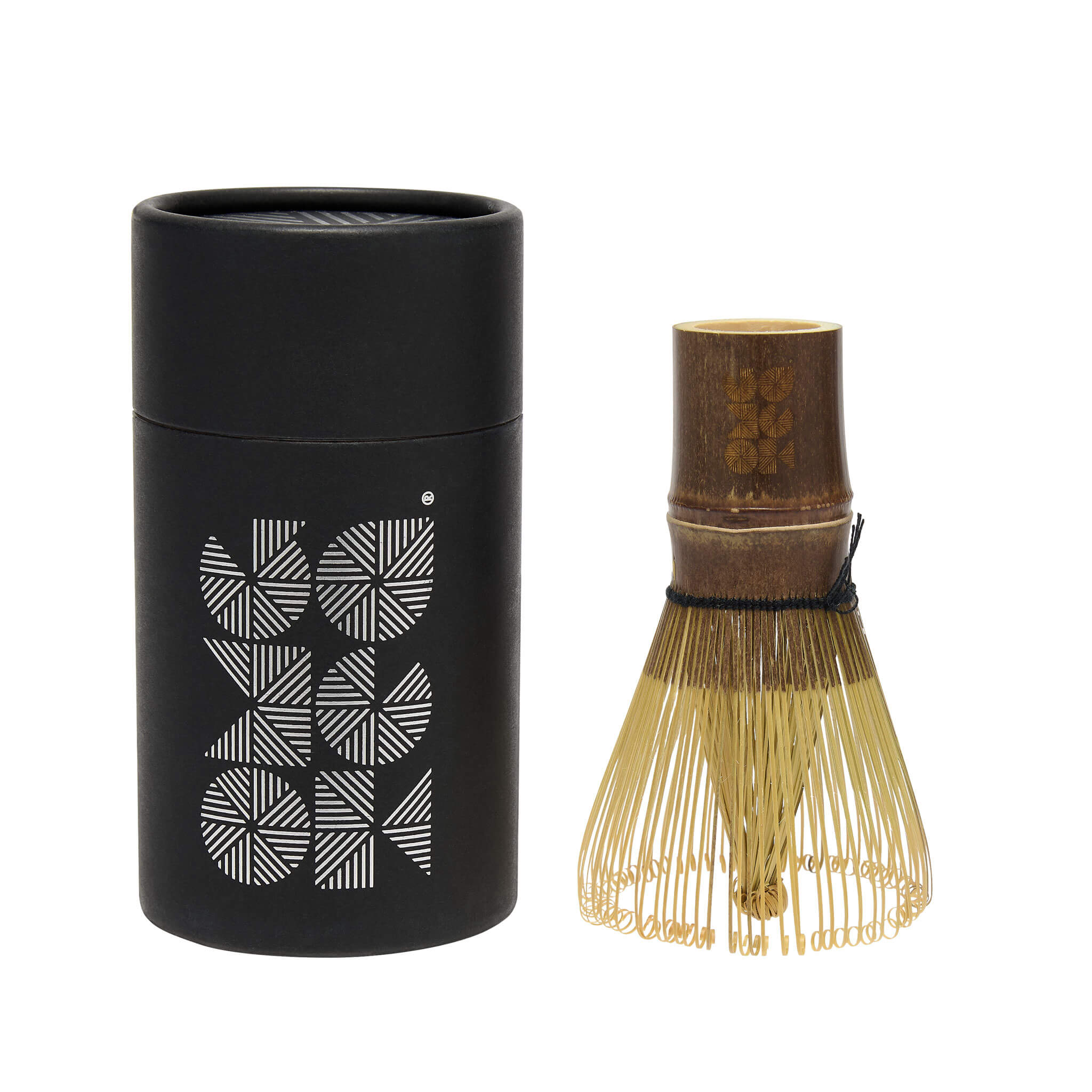It’s hard to believe that it’s September already. September marks the end of summer and back-to-school, and it is also the month that we celebrate all things organic. Organic September is an annual campaign, organised by the Soil Association, to raise awareness about organic farming and production and to promote the benefits of organic products, and how choosing organic can contribute to a more sustainable food system.
2023 marks 50 years of organic certification and this year the campaign’s key aim is to raise awareness of the role farming and our food systems play in the climate and nature crisis.
What is organic?
Organic Agriculture is a production system that sustains the health of soils, ecosystems, and people. It relies on ecological processes, biodiversity and cycles adapted to local conditions, rather than the use of inputs with adverse effects. Organic Agriculture combines tradition, innovation, and science to benefit the shared environment and promote fair relationships and a good quality of life for all involved.
(Definition of Organic Agriculture, IFOAM – Organics International)
OMGTea – proud to be 100% organic
Organic farming is better for people, plants, animals and the planet and we are proud to provide only 100% organic matcha.
Our supplier in Japan was one of the first to start growing organic tea back in 1978 and continues to support sustainable land management that preserves soil fertility in the long term, keeping the impact on the environment to a minimum.
OMGTea comes from the Kagoshima prefecture, a region known for its high standards of organic matcha farming and production. Kagoshima is on the southern island of Kyûshû, known for its lush vegetation and unspoilt landscape. The warm, humid climate provides the perfect conditions for growing matcha. Kagoshima is a volcanic island and as such has extremely nutrient-rich soils, at least eleven active volcanoes continue to provide the valuable minerals that help these extraordinary tea plants grow.
Such optimum conditions enable the cultivation of the best quality organic matcha and it has been cultivated here for over 700 years. This long history and the ongoing optimisation of cultivation processes has made Kagoshima the second-biggest tea prefecture in Japan, specifically offering optimum conditions for organic matcha cultivation.
Why buy organic?
Organic farming and production is better for the planet. Organic farmers don’t use artificial fertilisers, which lowers the risk of environmental pollution and helps reduce greenhouse gas emissions. They are also encouraged to make use of what’s to hand on their farms and limit the use of imported resources. Like our tea farmers in Kagoshima, who make their own compost sourced from their own farm, which has proven to be both sustainable and highly effective. Organic farming creates healthy, living soils that store more carbon. In fact, organic soils are around 25% more effective at storing carbon in the long-term.
Organic farming has the highest animal welfare standards of any international farming system; this means truly-free range animals, encouraged to forage, graze, and roam, with plenty of space, fresh air, and conditions that allow them to express their natural behaviours.
Organic farms are havens for wildlife and provide homes for bees, birds, and butterflies. On average, plant, insect, and bird life is 50% more abundant on organic farms, and there are around 75% more wild bees on organic farms.
Organic products can be better for people too. With fewer pesticides, additives and preservatives, no GM ingredients and reduced use of antibiotics, there are many benefits for the planet, wildlife, and animals and, research has also found significant nutritional differences between organic and non-organic farming that benefits our health. For example, organically produced crops (cereals, fruits and vegetables) were found with up to 68% more antioxidants than non-organic, whilst organic fruit and veg containers lower concentrations of pesticides and toxic heavy metal cadium.
When you buy organic you are helping to support numerous environmental benefits, including reduced exposure to pesticides and chemicals, healthier soil (with helpful bacteria), reduced soil erosion and water conservation and health.
